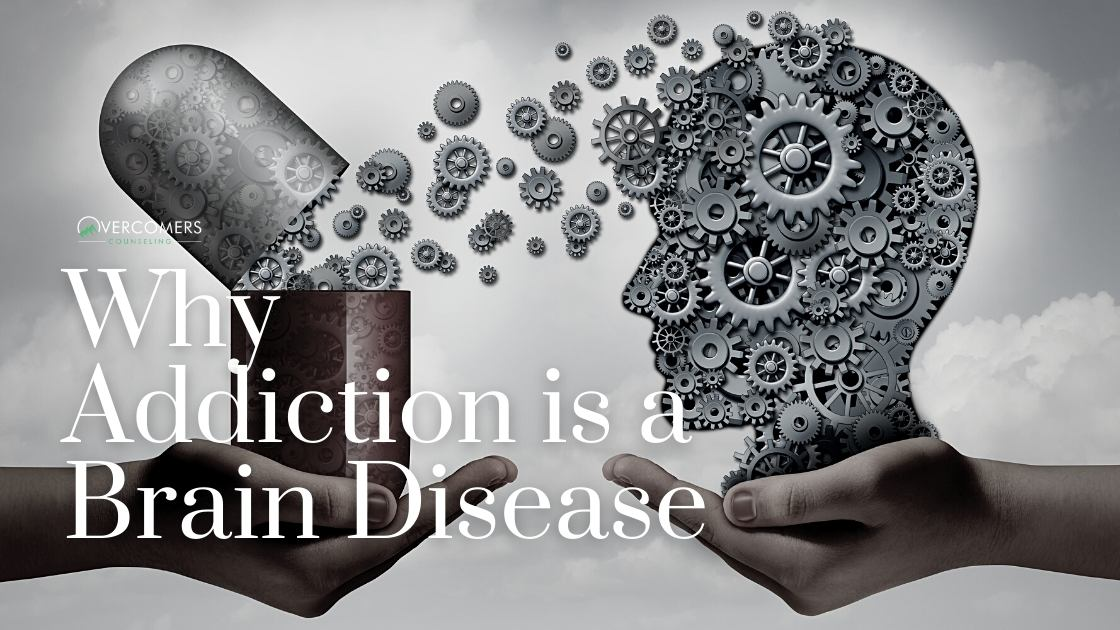Addiction as a Disease
By Melissa & Avianas Squier
- 2 minutes read - 317 wordsAddiction, classified as a disease in accordance with the DSM-5 (Diagnostic and Statistical Manual of Mental Disorders), is characterized by a persistent and recurrent condition marked by an irresistible urge to engage in substance use, repetitive behaviors, or compulsions, despite facing adverse consequences. Recognized as a brain disorder, it involves alterations in the functioning of brain circuits related to reward, stress, and self-regulation, with specific disruptions identified in the basal ganglia, extended amygdala, and prefrontal cortex.
A fundamental aspect of addiction is its capacity to transcend societal divisions; it does not discriminate. The primary objective is to exert control over an individual’s thoughts and behaviors, leading to an unrelenting pursuit of the euphoria associated with the substance. The phenomenon of tolerance emerges as individuals continue substance use, requiring larger amounts to achieve the same desired effect, ultimately leading to dependence through increased consumption.
Acknowledging the universality of addiction and its impact on diverse individuals underscores the need for a comprehensive and empathetic understanding that goes beyond societal stereotypes and preconceptions.
Societal education on addiction and its familial effects could contribute to fostering an empathetic understanding that has the potential to influence society at large. In our current societal landscape, while neighbors might readily provide support if they discover a family member battling cancer, the reaction may not be as supportive if the struggle involves a substance use disorder. This discrepancy often leads to a sense of shame not only directed at the individual with the addiction but also affecting the entire family. The resultant shame tends to foster secrecy, exacerbating the challenges associated with addiction.
Advocating for education and support becomes imperative in making a positive impact and assisting loved ones in their journey towards recovery rather than relapse. By dispelling misconceptions, promoting empathy, and offering resources, we can create an environment that encourages open communication and understanding, ultimately reducing the stigma associated with addiction.
